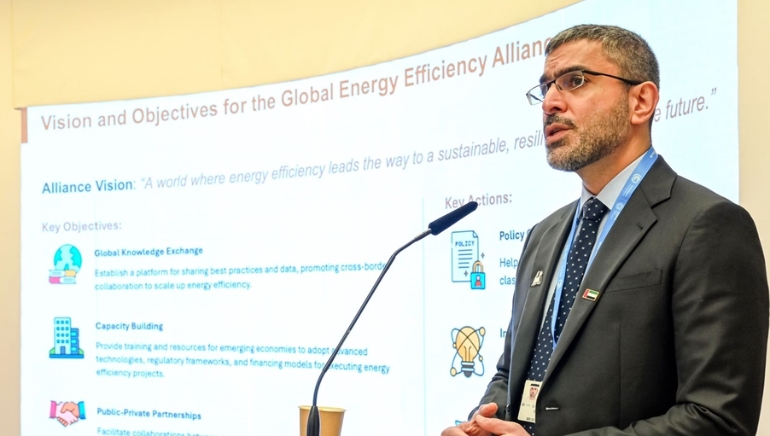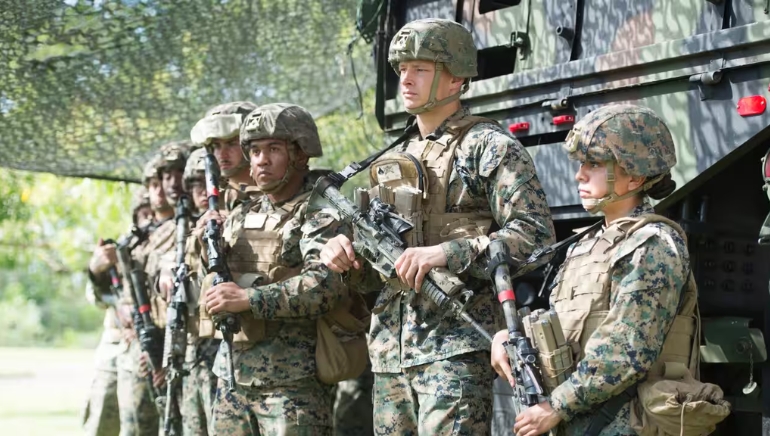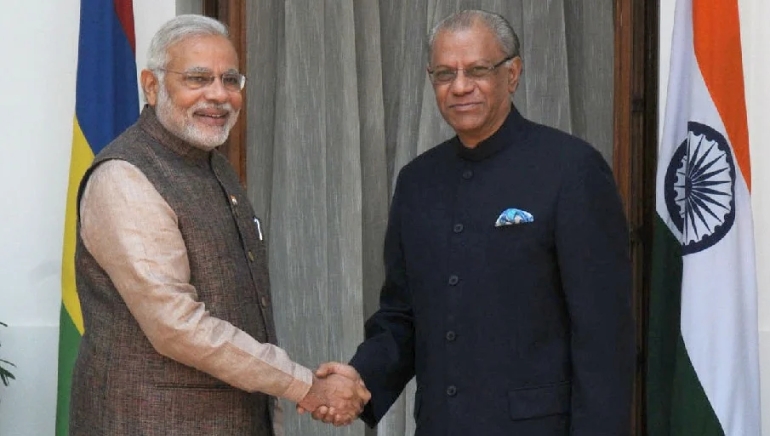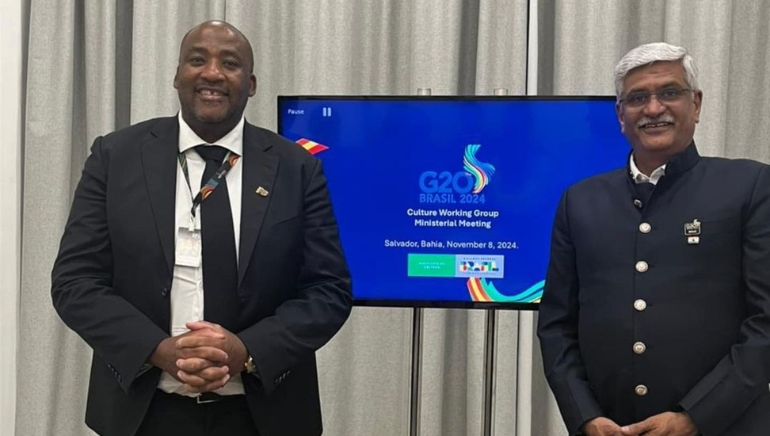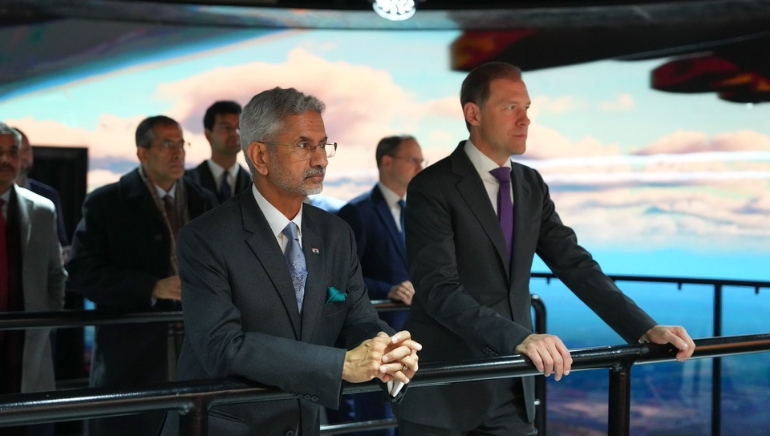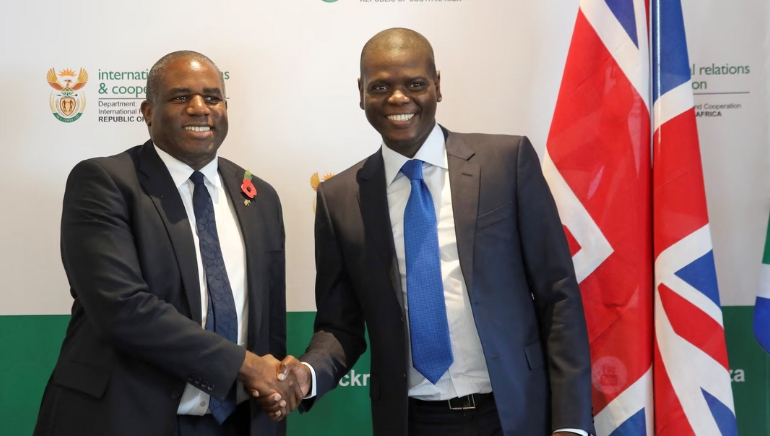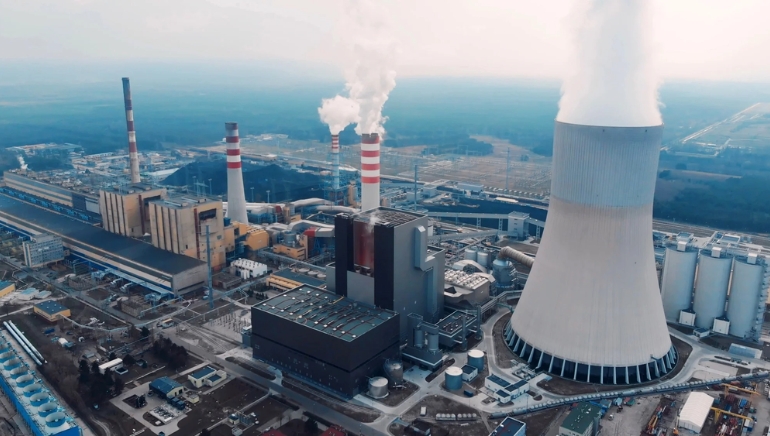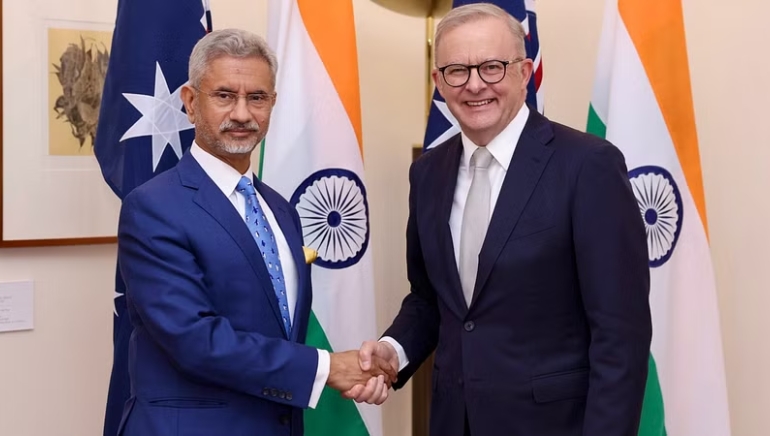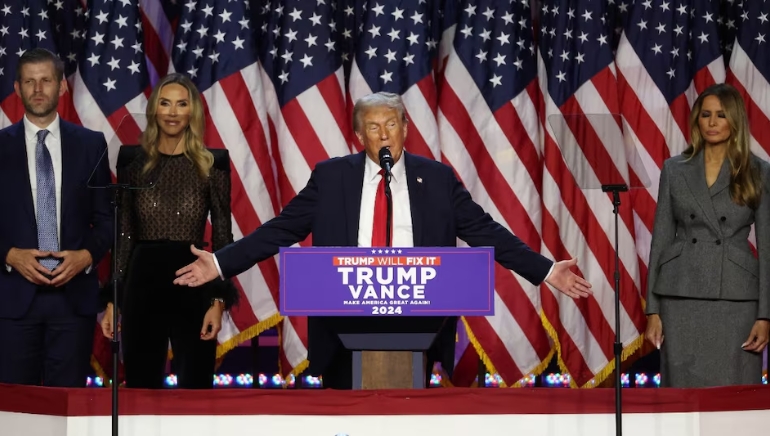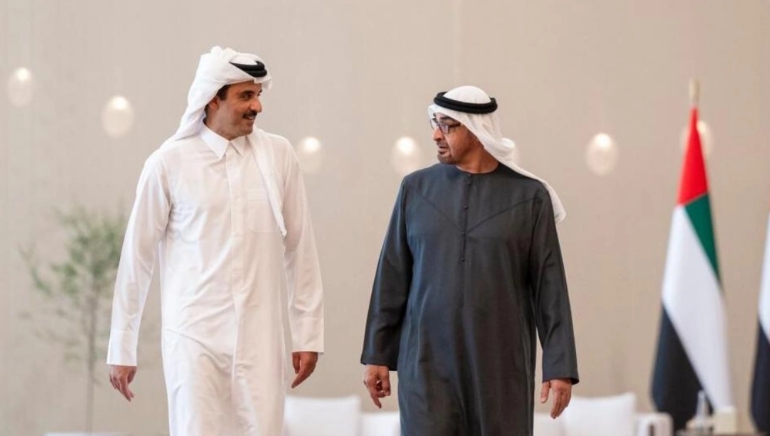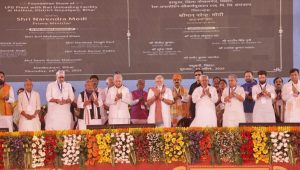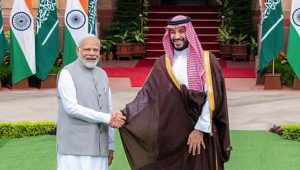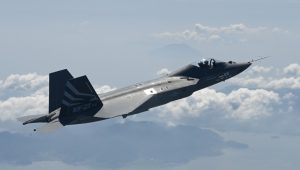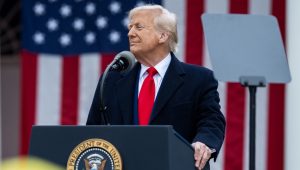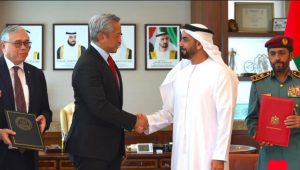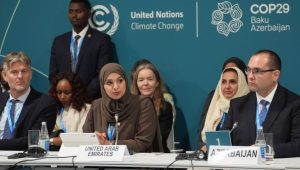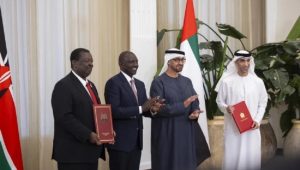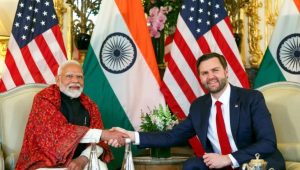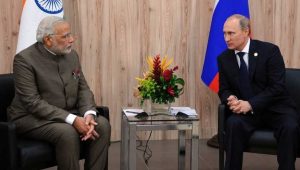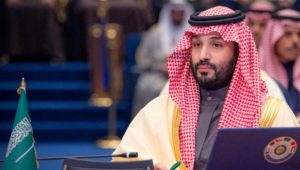With an aim to establish the “Global Energy Efficiency Alliance,” the UAE unveiled an ambitious initiative during the COP29 meeting hoted in Azerbaijan. The move aspires to double the global energy efficiency rates by 2030, contributing significantly towards emission reductions. The initiative stands on the foundation of the’ UAE Consensus’ starting from COP28, which is a commitment to bringing together organizations, countries, and corporations, reducing carbon emissions, and promoting sustainable resource management. Keeping up with its expertise in energy efficiency, the UAE plans to lead the alliance, foster knowledge transfer, and build an effective partnership model with the private sector. The alliance aspires to design a support system that helps reduce carbon emissions and go by sustainable use of natural resources with knowledge sharing, capacity building, and standardization of efforts. Everything aims to encourage strategic public-private partnerships while bolstering investments in energy efficiency initiatives. The alliance aspires to focus on disseminating and compiling best practices with particular emphasis on assisting African nations. This support will extend to developing financing options and technological solutions that stand important for the continent’s progress in energy sustainability.





